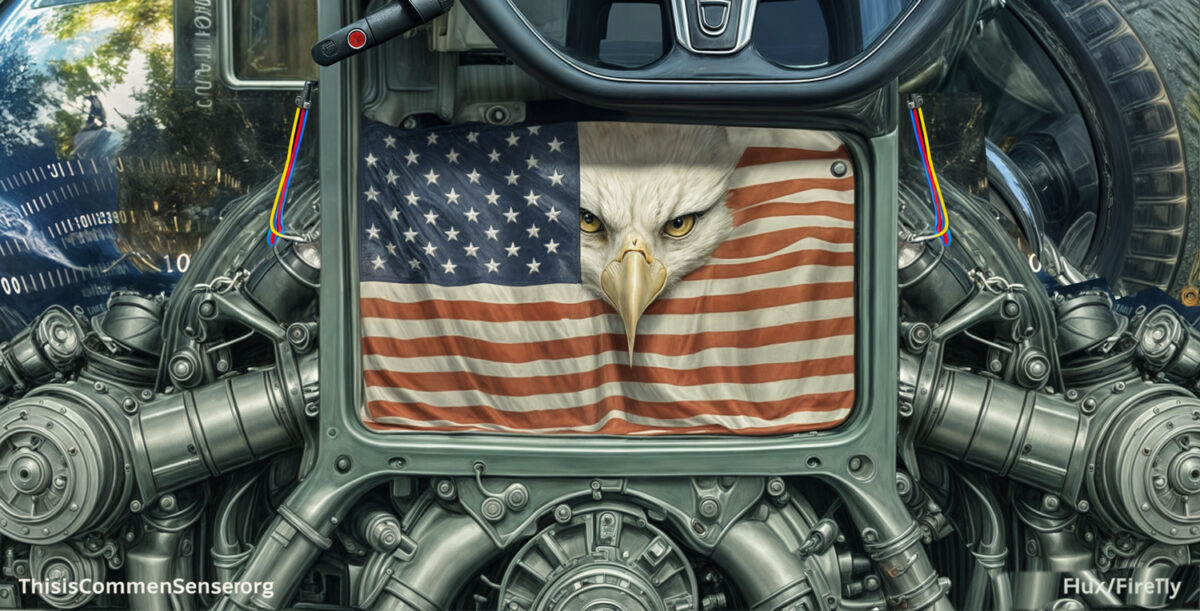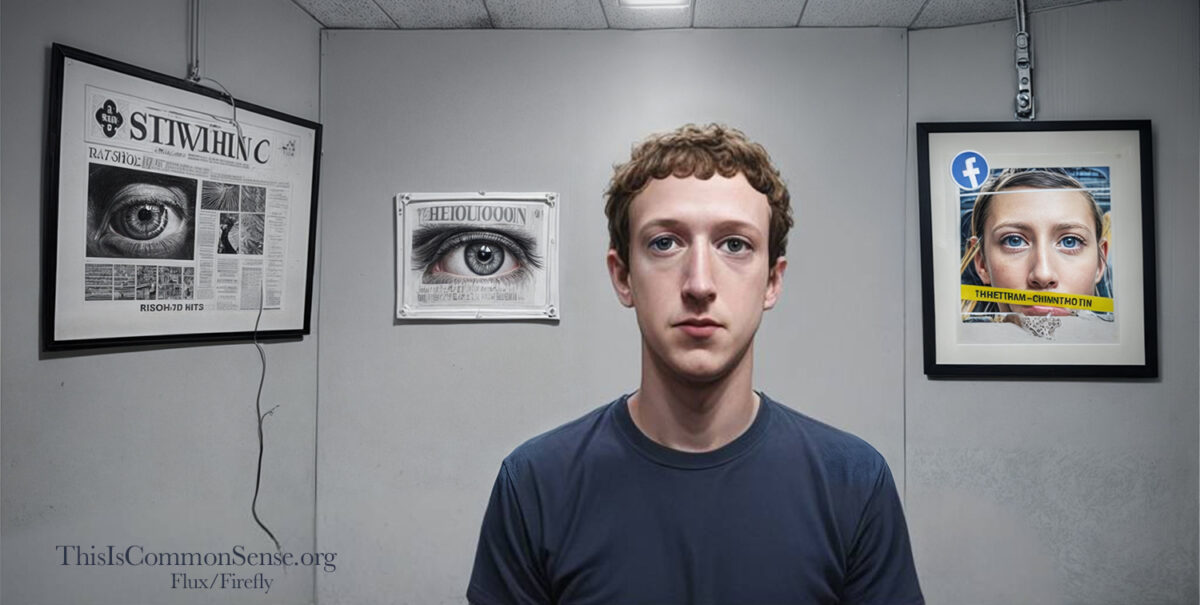A terrible accident near Reagan National Airport reminds us that reform of our air traffic control system has been overdue for decades.
One story discusses the pilots’ longtime concerns about safety problems specific to Reagan National. But the decrepit state of air traffic control afflicts every airport.
John Tierney outlines some of the problems.
- Too many controllers rely on outdated technology. Elsewhere, controllers use sophisticated computer systems to handle complicated hand-off (and other) tasks efficiently. But American controllers are “still using pieces of paper called flight strips” that must be carried around the control room.
- U.S. controllers lack access to satellite technology that would enable them to more precisely guide and monitor planes. No infrared systems on runways either; controllers must look out the window to see what planes are doing, a big problem during bad weather.
- Lousy politics has obstructed change. An independent corporation, not a “cumbersome federal bureaucracy,” should be operating the control towers, Tierney argues. But widely supported efforts to fix things have gone nowhere, partly because some lawmakers want to maintain congressional control.
Robert Poole of the Reason Foundation, who has been pushing for reform of U.S. air traffic control for five decades, thinks now something may happen.
“The public and opinion leaders now know a lot more about the FAA’s shortcomings,” he says. “With DOGE and the Trump administration shaking things up, perhaps the time for real reform has finally arrived.”
Let’s hope accountability has safely landed.
This is Common Sense. I’m Paul Jacob.
Illustration created with Flux and Firefly
—
See all recent commentary
(simplified and organized)





